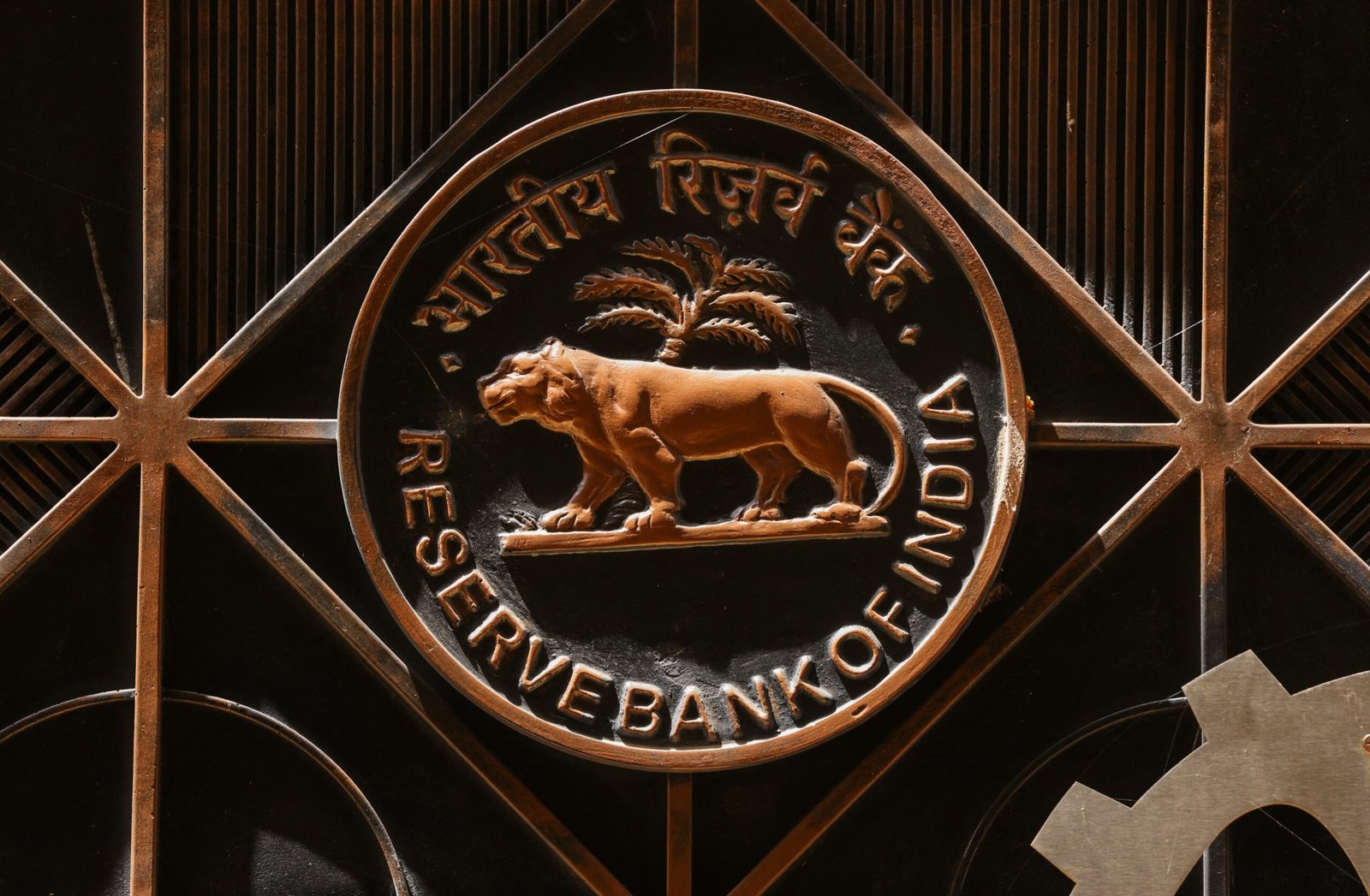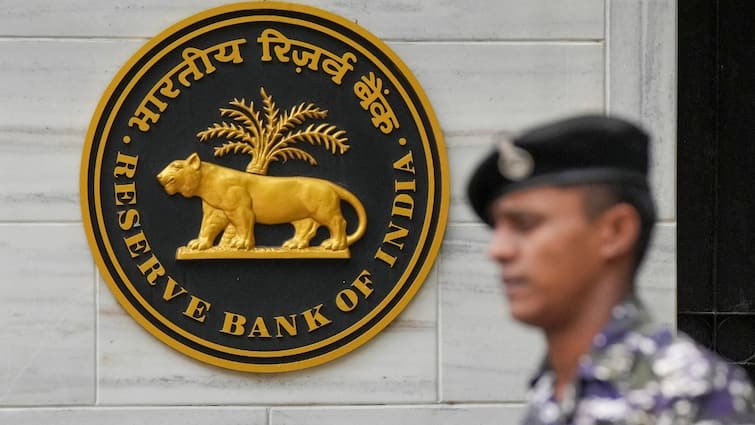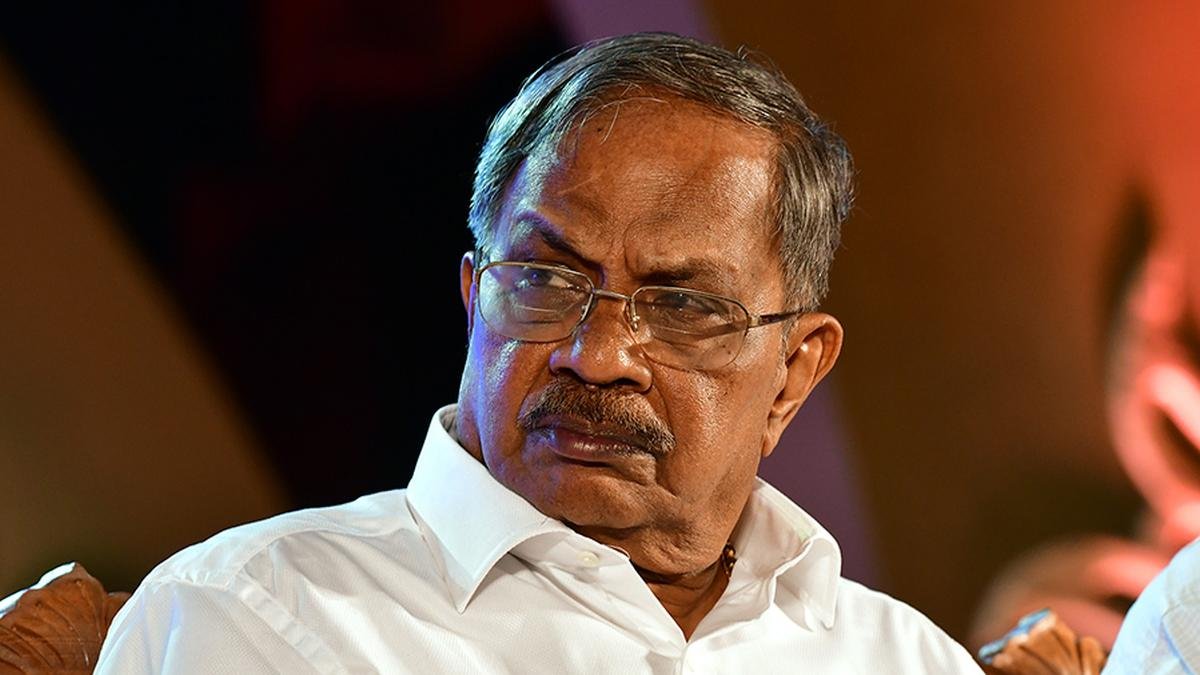
The Indian government is looking into developing a national indicator to calculate extreme poverty levels, a recent report released on Saturday revealed.
The Sustainable Development Goals National Indicator Framework progress report was released by The Ministry of Statistics and Programme Implementation on Saturday, reported Moneycontrol.
The report stated that currently, there is no metric to help understand the progress achieved in the goal of eradicating extreme poverty. A life in extreme poverty is defined by the government as anyone living on less than $1.25 per day.
The National Indicator Framework typically tracks 290 indicators across 17 sustainable development goals (SDGs). The first SDG is to completely remove all forms of poverty everywhere.
An analysis by the news agency revealed that the Indian government progressed well across majority of these goals. In terms of social security covergae, the report found that the national pension scheme increased its coverage from 17.3 million in the 2022-23 fiscal year to 18 million in the 2023-24 fiscal year.
At the same time, the ratio of the overall population that is eligible to receive social protection benefits under the Pradhan Mantri Matritva Vandana Yojana (PMMVY) decreased from 80 per cent in FY23 to 46.3 per cent in FY24.
In terms of maternal mortality, the country witnessed an improvement as it inched under 100 for 100,000 live births in 2018-20. The mortality rate for children aged under five years reduced to 32 per 1,000 live births in 2020 from 43 clocked five years earlier in 2015.
Also Read : Global Macro Data, Domestic PMI Numbers, Currency Movements To Drive Markets This Week, Say Analysts
The government also logged an improvement in treating de-addiction as the number of individuals treated in de-addiction centers increased almost double in 2023-24 against 2021-22.
The gross enrollment ratio in schools improved, however, the learning outcomes declined. The percentage of students in grades 3, 5, and 8 logging a minimum proficiency reduced in 2021 as compared to 2017. For grade 3, the language proficiency decreased to 39 per cent from 48.3 per cent, while the downfall for grade 8 stood at 4 percentage points.






